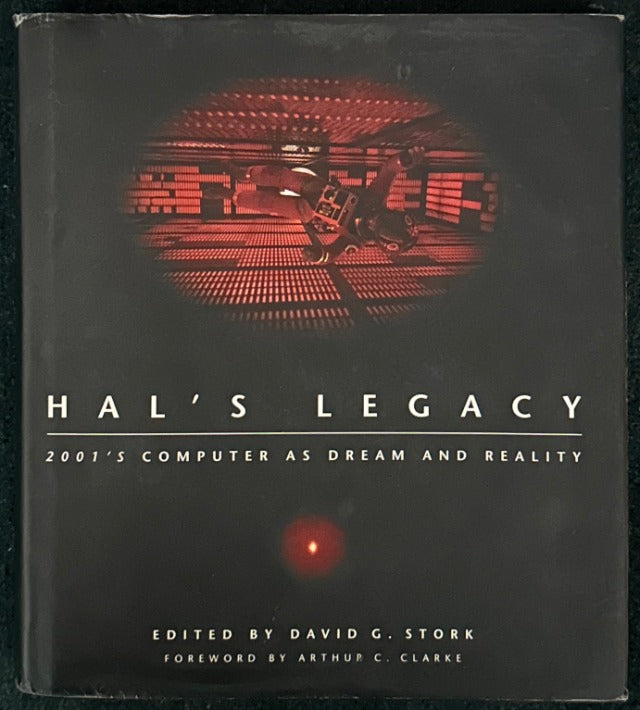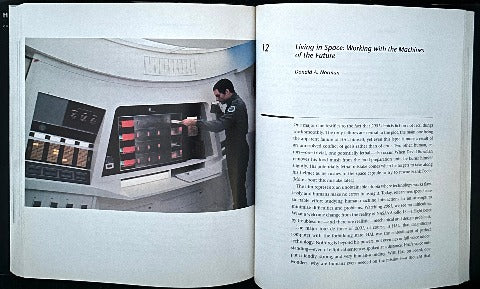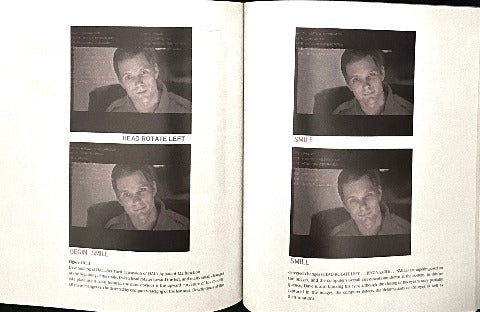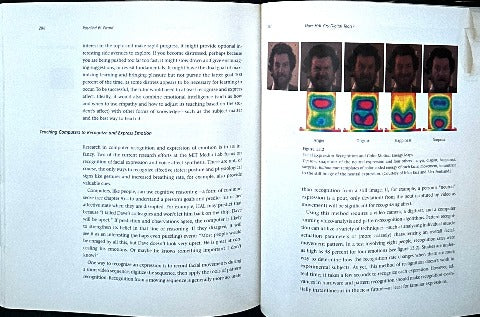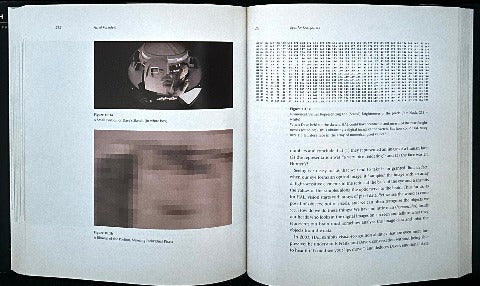1
/
の
5
Hal's Legacy: 2001'S Computer As Dream and Reality
Hal's Legacy: 2001'S Computer As Dream and Reality
通常価格
¥3,000 JPY
通常価格
セール価格
¥3,000 JPY
単価
/
あたり
税込
配送料はチェックアウト時に計算されます。
受取状況を読み込めませんでした
アーサー・C・クラークの原作で鬼才スタンリー・キューブリックが監督した「2001年宇宙の旅」を、第一線のコンピュータサイエンティストなどの研究者たちが、この映画に登場する人工知能HALの機能を専門的に語り尽くしている。感情分析、自然言語分析、物体分析、推論、ゲームなど、現在の最先端人工知能技術へとつながる内容を美しいデータで説明していて、人工知能研究の理解を促進する名著。認知科学者ダニエル・デネットが知能機械の倫理的な意味について述べているのも、まさに現在の課題だ。
人工知能開発史という観点からも、重要な論点を持っている。
日本で邦訳された書籍では見ることのできない、オリジナル版の徹底したエディトリアルも注目すべき。
2001: A Space Odyssey," written by Arthur C. Clarke and directed by the genius Stanley Kubrick, is an expert discussion of the functions of the artificial intelligence HAL in the film by leading computer scientists and other researchers. The book is a masterpiece that promotes understanding of artificial intelligence research, using beautiful data to explain what leads to today's state-of-the-art artificial intelligence technologies, such as emotional analysis, natural language analysis, object analysis, reasoning, and games. Cognitive scientist Daniel Dennett's discussion of the ethical implications of intelligent machines is also a very current issue.
It is also an important discussion point in terms of the history of artificial intelligence development.
The thorough editorial of the original edition, which cannot be seen in the Japanese translation of the book in Japan, should also be noted.
David G. Stork
The MIT Press
1997
23.5 x 21 x 2.6 cm
384 pages
人工知能開発史という観点からも、重要な論点を持っている。
日本で邦訳された書籍では見ることのできない、オリジナル版の徹底したエディトリアルも注目すべき。
2001: A Space Odyssey," written by Arthur C. Clarke and directed by the genius Stanley Kubrick, is an expert discussion of the functions of the artificial intelligence HAL in the film by leading computer scientists and other researchers. The book is a masterpiece that promotes understanding of artificial intelligence research, using beautiful data to explain what leads to today's state-of-the-art artificial intelligence technologies, such as emotional analysis, natural language analysis, object analysis, reasoning, and games. Cognitive scientist Daniel Dennett's discussion of the ethical implications of intelligent machines is also a very current issue.
It is also an important discussion point in terms of the history of artificial intelligence development.
The thorough editorial of the original edition, which cannot be seen in the Japanese translation of the book in Japan, should also be noted.
David G. Stork
The MIT Press
1997
23.5 x 21 x 2.6 cm
384 pages
Share
